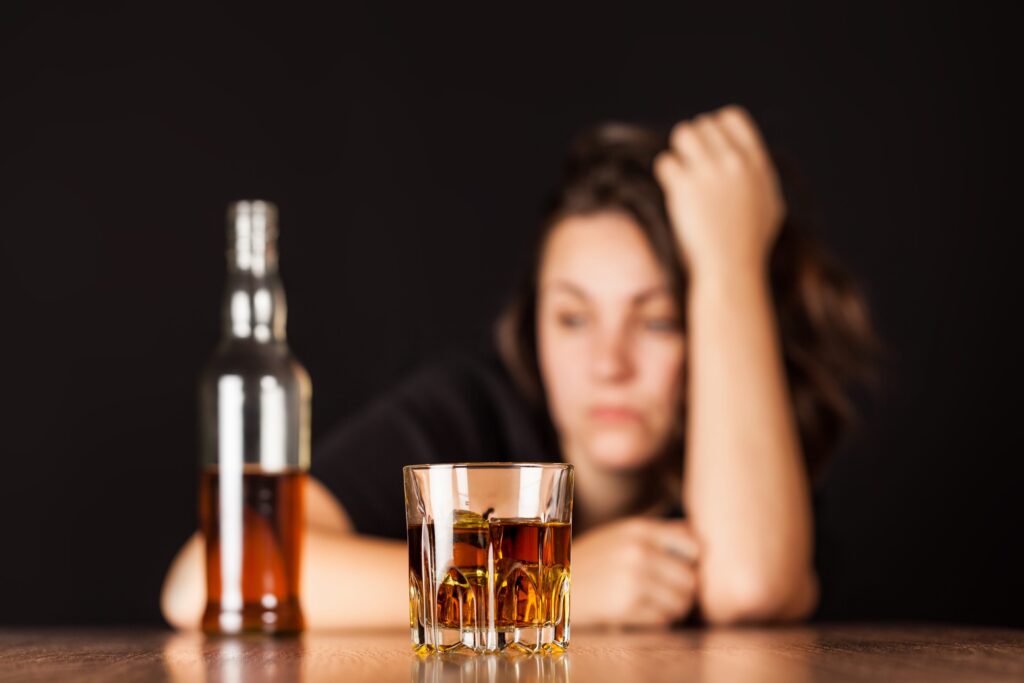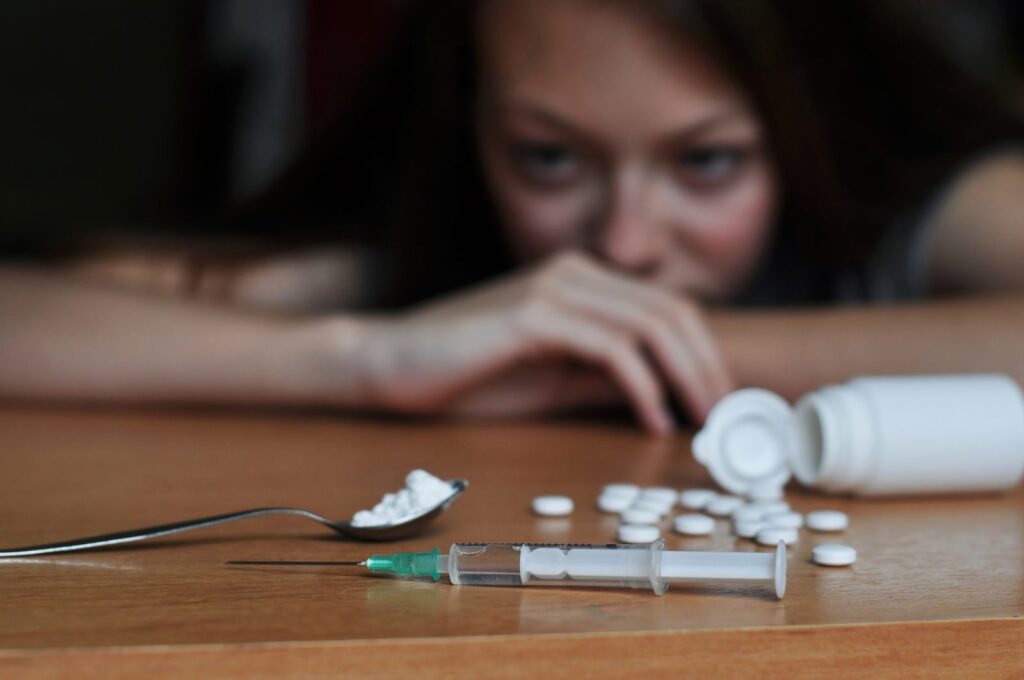People usually think of addiction as a personal problem, but in reality, it is a community disease. No one can recover from addiction alone–we need the support of other people.
When it comes to addiction recovery, the power of community cannot be underestimated. The support and sense of belonging that comes from being part of a group can be instrumental in helping people stay sober. Whether it’s a 12-step group or some other form of support, those in recovery need to feel connected to others experiencing the same thing. That sense of connection can be incredibly powerful in helping people stay on the right path.
How Community Helps Recovery
A community is a group of people with shared interests or experiences. In addiction recovery, community refers to the supportive network of people committed to helping each other stay sober. This network can provide essential support for recovery, and there are many benefits to being part of an addiction recovery group, such as:
- A sense of belonging – When people are struggling with addiction, they often feel alone in their struggle. But when they join a community of others going through the same thing, they realize they are not alone. This feeling of belonging can be very powerful in helping people stay sober.
- Support and encouragement – In early recovery, when people are working to establish sobriety, it is essential to have a supportive network to help them through tough times. The community can offer practical help, like rides to meetings or doctor’s appointments, as well as emotional support.
- A feeling of safety – One of the main reasons people relapse is because they feel unsafe. They may feel like they are in danger of being harmed or will not be able to cope with their problems. When people feel safe, they experience less stress and are more likely to stay sober. A community can provide a feeling of safety by offering support and understanding.
- Purpose – People in addiction recovery often feel lost and without purpose. But when they join a community, they suddenly have a group of people who rely on them and need them. These relationships can give them a sense of purpose and help them stay motivated in recovery.
- Accountability – To stay sober, it is vital to have people in your life who will hold you accountable. A supportive community can help with this by providing gentle reminders and encouragement to stay on track. Knowing that you have people who care about you and want to help you stay sober can make all the difference when temptation strikes.
What to Look for in a Community
If you are looking for a group to support your addiction recovery, there are a few things to keep in mind. First, it is important to find somewhere that feels safe and welcoming. It should be where you feel comfortable sharing your thoughts and feelings. The community should also be accepting of all stages of recovery, whether you are just beginning your journey or you have been sober for many years.
It is also essential to find a community that meets your needs. Some people do well in programs that may or may not work for others. It would benefit you greatly if they also offered resources and support specific to your needs. For example, if you have a co-occurring mental health disorder, finding a community that can support your addiction and your mental health is crucial.
Finally, you must find a community that respects your privacy, which is especially important if you are not ready to share your recovery journey with others. Some people prefer to keep their recovery private, which should be honored.
Types of Relapse Prevention Support Groups
Many types of addiction support are available for people on all kinds of recovery journeys. Here are some of the most common:
12-Step Programs
The two most common 12-step programs are Alcoholics Anonymous (AA) and Narcotics Anonymous (NA). These recovery programs follow a set of guidelines that help people overcome addiction. The 12 steps include:
- Admitting that you have a problem
- Acknowledging that you cannot control your addiction
- Making amends for the harm you have caused
These programs also emphasize the importance of community support in recovery.
Therapy Groups
These groups provide a space for people to share their thoughts and feelings about addiction in a safe and supportive environment. Therapy groups can be helpful because they allow people to process their emotions and learn from others who are going through similar experiences.
Online Communities
These communities provide a place for people to connect with others struggling with addiction. Online communities can be an excellent resource for finding information and support, 24 hours a day.
Relapse Prevention Classes
Relapse prevention classes are another type of community support that can be helpful for people in recovery. These classes teach people how to identify triggers, manage cravings, and cope with stress. Relapse prevention classes can provide the tools and knowledge needed to stay sober.
Your Chosen Family
In addiction recovery, community is everything. One of the greatest things you can do for your sobriety is to find a group of people that feels like family. They don’t have to be blood-related. In fact, some of the most supportive and loving communities are the ones that we choose. These are the people we want in our lives because they make us better and help us feel good about ourselves. They are the people who accept us for who we are and support us towards our best selves through thick and thin.
For someone in recovery, a chosen family is a group of people that are there for you. They will be your cheerleaders when you’re feeling down and your support system when things get tough. They will be the people who help you stay accountable and understand you, no matter what.
Find a Community
If you are struggling with addiction, reach out for help. Magnolia Ranch Recovery is a community of people who are dedicated to helping you overcome addiction and achieve sobriety. We offer a variety of resources and support, including a serene and secluded atmosphere, equine-assisted psychotherapy, relapse prevention classes, and more.
If you are ready to take the first step on your recovery journey, contact us today at (888) 992-7955 or even reach out to us by email. We would be honored to walk with you on the path to sobriety and help you create a community of your own.



















